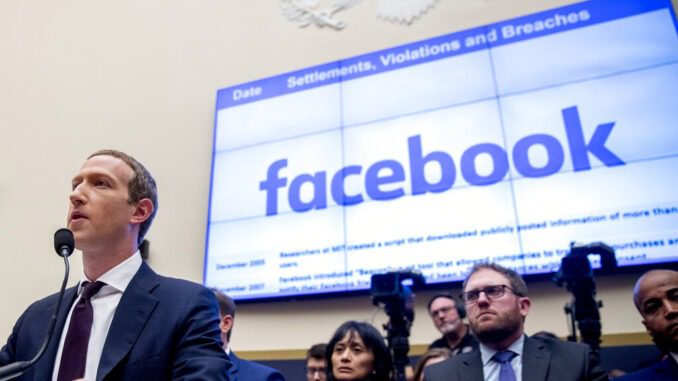
Critical issues are being debated in North Carolina. The stakes are high as businesses like gyms and bars aren’t yet permitted to reopen fully, and parents continue to juggle jobs and their children’s schooling. However, if you want to reach an audience to speak about these issues, can you?
Both Facebook and Google banned political ads around the November general election and reinstated those bans after the events of January 6th. But with Google ending its political ad ban, the question now is, “Will Facebook follow?”
As Americans are still practicing social distancing, online speech has become more critical than ever. Bans on online political advertising have removed a vital tool for those wanting to find an audience for their message.
Many people are skeptical of paid ads as a way to speak to the community, but for those without sizable followings, digital ads are a lifeline. Online ads can reach a large audience without extensive technical know-how and funding. For just a few dollars, you can make sure your message is put in front of the very people with who it will resonate. Civic engagement is a critical component of a free society. Educating audiences about the issues that impact them is vital.
The ability to advertise online is increasingly essential to political campaigns, especially those of less well-funded challengers, but political campaigns have access to various other mediums. Television ads and mailers are still routinely used by these campaigns to share messages. Nevertheless, such tools are expensive and out of the question for most everyday North Carolinians and nonprofits looking to raise awareness on issues without the infrastructure and funding of political campaigns.
As a result, digital advertising has become fundamental for nonprofit and issue groups engaging in the vital work of educating the public on pressing issues in communities. Suppose you want to organize a group to speak to a city council about supporting small businesses or lockdown restrictions. In that case, online ads are typically the best method to reach your audience. If you want to make your voice heard at the State Capitol about student education, online advertising is an effective vehicle for reaching families in the same situation.
What makes Facebook’s ban particularly harmful to those wanting to engage on issues is that Facebook has a remarkably broad definition of what qualifies as political speech. Facebook doesn’t differentiate between ads in support or opposition of political candidates and ads about critical issues like taxes, free speech, or even opposing human trafficking. This has caused nonprofits in North Carolina and around the nation to struggle to reach their audience. It is a form of silencing speech, and we, as a society, are worse off for it.
The irony of Facebook’s ban is that the company has stated its mission is to connect people to the information and people important to them. Yet, the ad bans contradict these goals at every turn. While Facebook’s reasoning for banning ads may be an attempt to ratchet down the polarized political climate, it will likely do nothing of the sort. Instead, it will just let the loudest voices with the greatest followings continue to drown out those who want to engage with issues in their local communities.
Banning political ads will not fix our political discourse any more than preventing the placement of yard signs. But these bans will ensure that speech on the issues that matter to people in their communities will be more challenging to hear.
Facebook should end its political ads bans and return an essential method of communication to its customers.
Jason Saine (R-Lincoln) represents the 97th State House District in the North Carolina General Assembly and serves as co-chair of the Joint Legislative Oversight Committee on Information Technology. Donald Bryson is president of the John Locke Foundation, a public policy organization based in Raleigh.




